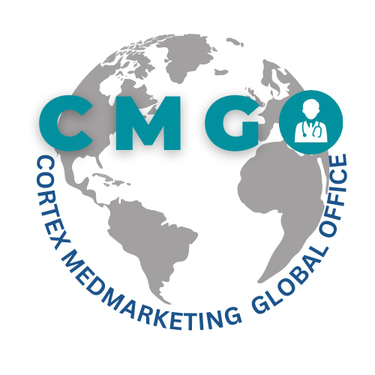Why Every Clinic Needs a Marketing CRM: 6 Essential Reasons
10/27/20252 min read


Introduction to CRM for Clinics
In today's digital age, the importance of effective patient management cannot be overstated. While many believe that Customer Relationship Management (CRM) systems are reserved for larger hospitals and healthcare organizations, small clinics equally stand to benefit from adopting these tools. A healthcare CRM can streamline patient interactions, enhance communication, and ultimately improve overall patient satisfaction.
1. Efficient Tracking of Leads
For small practices, every new patient signifies potential growth. A marketing CRM allows clinics to efficiently track leads and monitor patient inquiries. By centralizing this data, clinics can ensure no patient is overlooked, fostering robust patient relationships and paving the way for long-term engagement.
2. Automated Follow-Ups Increase Engagement
One of the most valuable features of a patient management system is its ability to automate follow-ups. Clinics can set up automated reminders for appointments or check-ins. This not only saves time but also ensures that patients feel valued and connected to the practice. Such engagement is vital for retaining patients and encouraging repeat visits.
3. Analyzing Campaign Results for Improvement
Marketing CRMs provide tools to analyze campaign results effectively. Clinics can assess the performance of marketing efforts, identifying which strategies drive the most engagement and why. Understanding these metrics empowers small practices to refine their marketing tactics, allowing for continuous improvement and better patient outreach.
4. Centralized Patient Information
HubSpot clinics and similar marketing platforms offer centralized databases that house all patient information. This ensures that all team members are on the same page, minimizing errors and enhancing patient care. Having complete visibility into patient history facilitates personalized care and strengthens the clinician-patient relationship.
5. Enhanced Communication Channels
A well-implemented healthcare CRM boosts communication channels within the clinic. By using marketing tools, clinics can engage patients through various platforms—be it email, SMS, or social media. This versatility ensures that clinics effectively reach patients through their preferred communication methods, which can significantly increase response rates.
6. Cost-Effective Marketing Solutions
Lastly, adopting a marketing CRM can be a remarkably cost-effective solution for small clinics. Instead of investing in multiple standalone tools, a comprehensive clinic marketing platform offers integrated solutions that manage several functions at once. This reduces overhead costs and simplifies operations, making it easier for small practices to navigate the often complex landscape of healthcare marketing.
In conclusion, a marketing CRM is not merely a luxury for large healthcare organizations. Small clinics can leverage these systems to track leads, automate follow-ups, analyze data, centralize patient information, enhance communication, and implement cost-effective marketing strategies. Embracing a healthcare CRM will undoubtedly bring about positive change in how small practices operate and engage with their patients.
